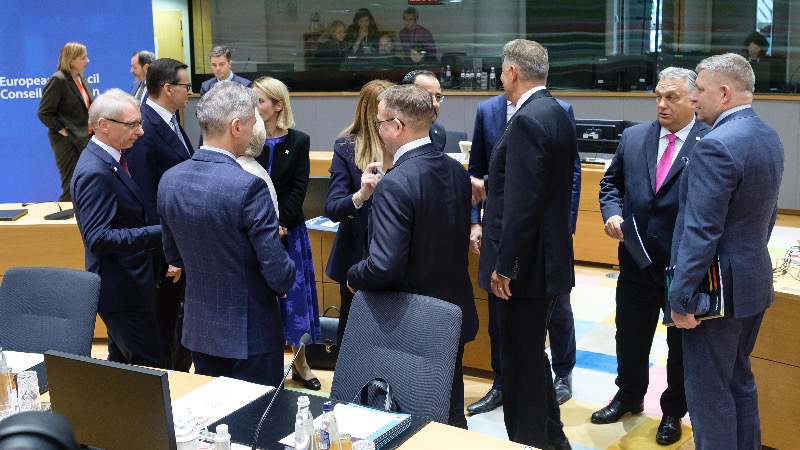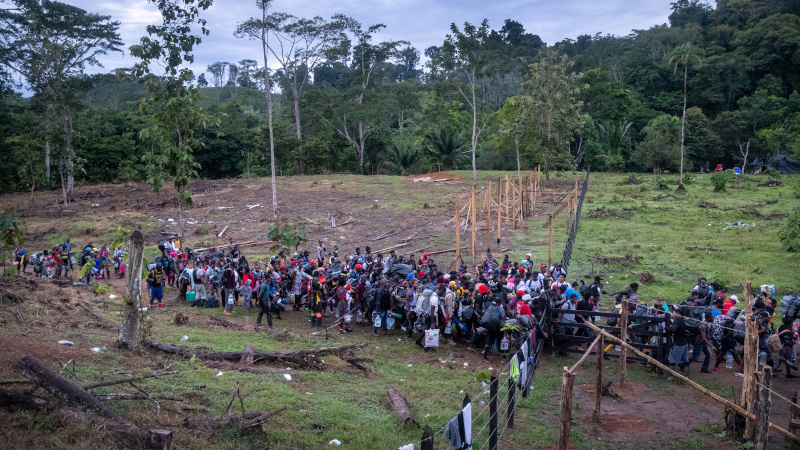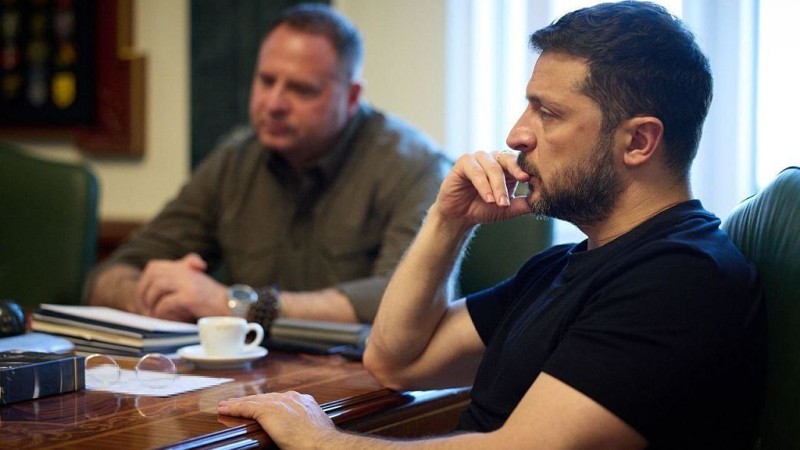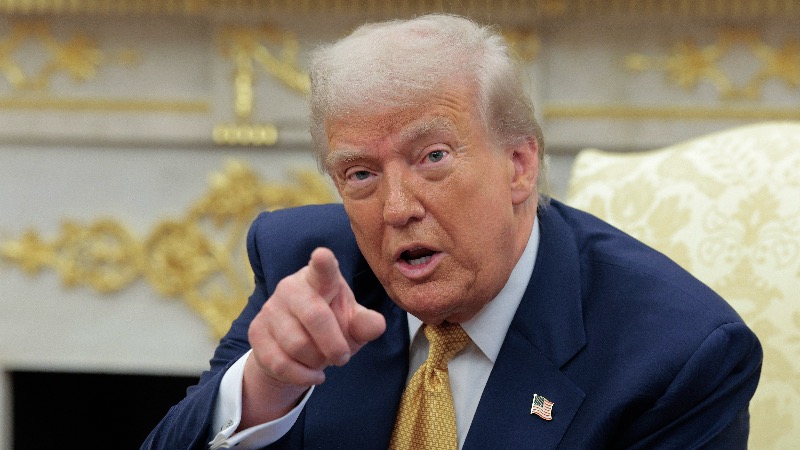 Image Credit: Thierry Monasse / Contributor / Getty
Image Credit: Thierry Monasse / Contributor / Getty Hungarian Prime Minister Viktor Orbán has declared that a reinvigorated alliance of Central European nationalist leaders — including Poland’s Mateusz Morawiecki, Slovakia’s Robert Fico, and the Czech Republic’s Andrej Babiš — could collectively stop the European Union’s next long-term budget in its tracks.
In a televised interview with Polish journalist Michał Karnowski for Telewizja wPolsce24, Orbán stated that the Visegrád Group — made up of Hungary, Poland, Slovakia, and Czechia — has the power to block the upcoming EU financial framework if they act together.
“The next European budget must be approved unanimously by EU member states,” Orbán said. “We have elections in April next year. President Kaczyński and Prime Minister Morawiecki will return to power [in Poland]. Andrej Babiš will win in the Czech Republic in October, and Slovak Prime Minister Robert Fico is strong enough to stay. Then the four of us, as the Visegrád Group, will be able to stop the crazy ideas contained in this project.”
Orbán’s opposition to the EU’s proposed 2028–2034 budget is rooted in his fierce resistance to what he calls its “Ukraine-centered” focus. Nearly one third of the proposed spending, he argues, would either go directly to Ukraine or be used to service EU debt accumulated to support Kyiv. In a recent speech, Orbán described it as “not a European budget, but a Ukraine budget,” and warned that its approval would divert vital resources away from EU member states.
He also reiterated that Hungary will not support the new EU budget unless frozen funds owed to his country are released. Those funds have been held up by Brussels over concerns about alleged rule-of-law violations in Hungary, which Budapest insists are fabricated because the Orbán administration will not conform to Brussels’ liberal agenda.
“Hungary will block the European Union’s proposed seven‑year budget unless the EU releases suspended funds,” Orbán told reporters earlier this month.
The Hungarian premier also repeated his warning that EU efforts to bring Ukraine closer to membership could drag Central Europe into direct conflict. “If we admit Ukraine, we admit the war,” he said, arguing that current foreign policy thinking in Brussels is a threat to Hungary’s survival.
Speaking about Poland, Orbán praised former Prime Minister Mateusz Morawiecki and expressed hope that he would soon return to power. “During the Law and Justice government, you achieved fantastic economic results,” Orbán said. “Prime Minister Morawiecki was one of the best Polish prime ministers I’ve ever known, also an excellent financial expert. Therefore, the Polish government has all the tools to build the greatest era of Polish success in history. If I were Polish, thinking about the future, I would be optimistic.”
He added that Poland’s size and political strength under the Law and Justice Party had helped shield Hungary from EU pressure in previous years. “Poland is larger than Hungary. Its political strength during the rule of President Jarosław Kaczyński’s party and Prime Minister Mateusz Morawiecki’s government helped, for a time, reduce pressure from Brussels on Hungary. I remember this very well.”
Orbán also spoke positively about Czech politics, predicting a return to power for Andrej Babiš and his ANO party. The Czech Republic will hold parliamentary elections on October 3 and 4, and polls currently show Babiš’s party well ahead of its rivals. ANO has consistently led national surveys by double-digit margins, and Babiš, a former prime minister, is expected by many analysts to regain the premiership after the vote.
With a Law and Justice revival in Poland, Fico maintaining power in Slovakia, and Babiš likely to win in the Czech Republic, Orbán believes the Visegrád alliance could be reborn. “This election opens up an opportunity to renew Central European cooperation,” he said. “We call it the Visegrád Group, but we can call it whatever we want. The key is the cooperation, which has been a great success.”
He added that past V4 cooperation had served as a counterweight to the dominance of France and Germany in EU affairs, and said he welcomed recent developments, including Karol Nawrocki’s presidential election victory in Poland, as signs that the regional alliance is on the brink of revival. “We’ve opened a huge, powerful bottle of champagne. This is a historic victory,” he said.
Driverless Cars For A Humanless World



